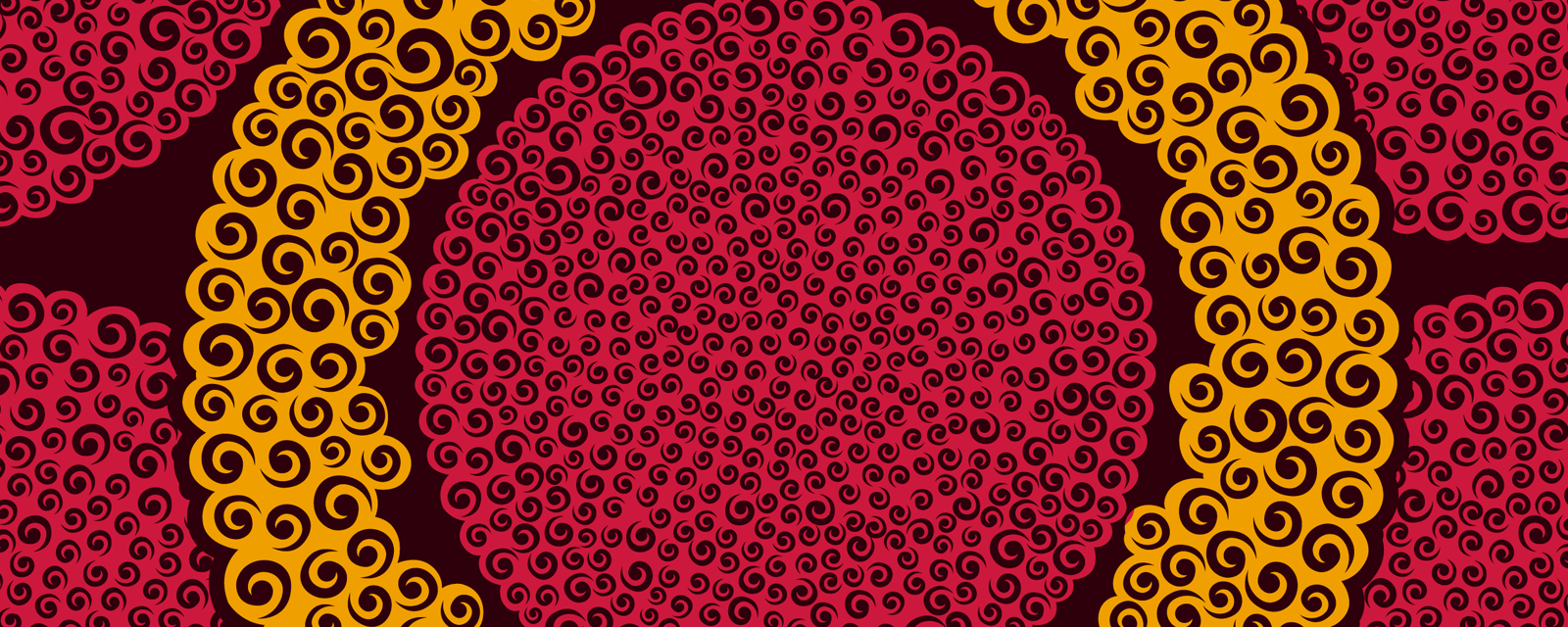Another set of praises for the Òrìṣà Ògún. Ògún is one of the most popular Òrìṣà, both in Nigeria and across the Caribbean and the Americas. Known as the god of hunting, iron and warfare Ògún is both a violent destroyer and a heroic leader who delivers strength and justice to society. (See also poems for Ogun, God of War 1 & Ogun, God of War 2)
Now I will chant a salute to my Ogun:
O Belligerent One, you are not cruel,
The Ejemu, foremost chief of Iwonran Town, (1)
He who smartly accoutres himself and goes to the fight.
A butterfly chances upon a civet cat’s excrement (2)
and flies high up into the air.
Ogun, don’t fight against me.
Don’t play with me.
Just be to me a giver of good luck.
You said you were playing with a child.
I saw much blood flowing from the girl’s private parts.
Ogun, don’t fight against me.
Don’t play with me.
You said you were playing with a boy.
I saw much blood flowing from the boy’s private parts. (3)
Ogun, don’t fight against me.
Don’t play with me.
You were playing with a pigeon.
The pigeon’s head was torn from its neck.
Ogun, don’t fight against me.
Don’t play with me.
You were playing with a sheep.
The sheep was slaughtered with a knife.
Ogun, don’t fight against me.
Don’t play with me.
You were playing with a male dog.
The male dog was beheaded.
Ogun, don’t fight against me.
Don’t play with me.
O Belligerent One, you are not cruel,
The Ejemu, foremost chief of Iwonran Town,
He who smartly accoutres himself and goes to the fight.
A butterfly chances upon a civet cat’s excrement
and flies high up into the air.
There were initially sixteen chiefs
In the town called Ilagbede, (4)
of these the paramount chief was Ejitola,
Ejitola Irene, son of Ogun,
The blacksmith who as he speaks lightly
strikes his hammer upon his anvil repeatedly.
Son of He who smashes up an iron implement
and forges it afresh into new form.
Son of He who dances, as if to the emele drum music, (5)
while holding the hollow bamboo poles used for blowing air upon the coal embers of fire in his smithy,
He who swells out like a toad as he operates the smithy’s bellows.
I will chant a salute to my Ogun.
O Belligerent One, you are gentle, the Ejemu,
foremost chief of Iwonran,
He who smartly accoutres himself and goes to the fight.
Some said Ogun was a failure as a hunter.
Ogun therefore killed a man and packed the corpse into a domestic fire.
When some people still said that Ogun was a failure as a hunter,
Then he killed the man’s wife and packed her corpse behind the fireplace.
When some people still said Ogun was a failure as a hunter,
The sword which Ogun was holding in his hand,
He stuck into the ground on a river bank.
The sword became a plant, the plant was called ‘labelabe’. (6)
Hence the saying, ‘No ceremony in honour of Ogun can be performed at a river side.
Without Labelabe’s getting to know of it.’
It is I, son of Sakinwamde, who am performing.
I do good turns for people of decent appearance.
from S.A. Babalola,
The Content and Form of Yorùbá ljala (1966)
Footnotes
- Iwonran Town: In Yorùbá mythology, the home town of the Sun. Ejemu is a chief’s title.
- The civet is a cat-like mammal, bred for its musky scent which is used in perfume. Its excrement is notoriously smelly.
- As the patron of all forms of metalworking, Ògún is also associated with the tools used by traditional circumcision doctors.
- Ilagbede: The traditional home of blacksmiths.
- Emele: A drum used in performing Oriki.
- Labelabe: A type of bean (Dolichos Lablab). Ògún is not just a warrior/hunter but a cultivator, iron also being used for hoes. This praise is an interesting variation on the Biblical beating of swords into ploughshares (Isaiah 2, 3–4).

